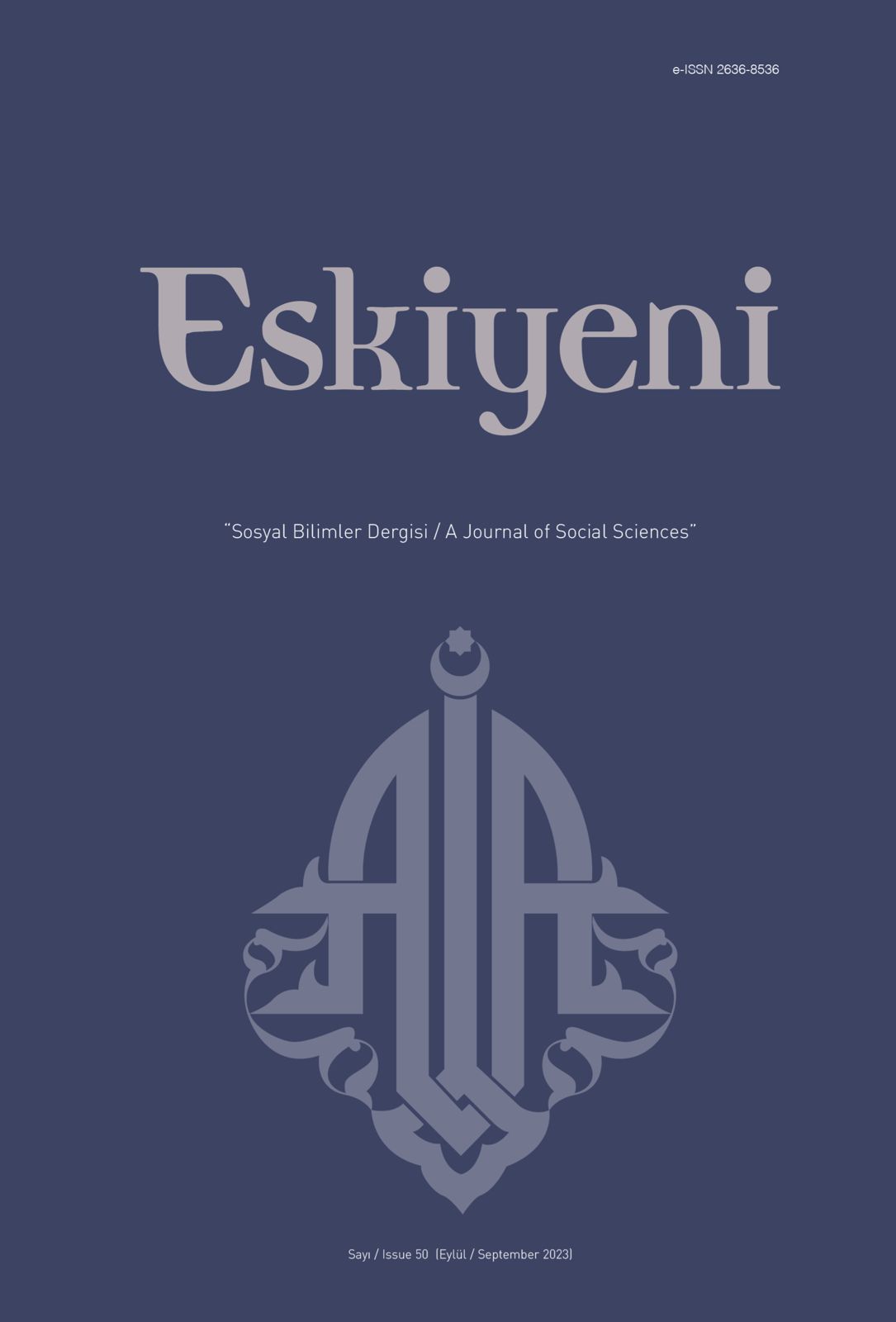6 Şubat Kahramanmaraş Depremlerinde Din Hizmetleri: Manevi Danışmanlık ve Rehberlik Bağlamında Bir Saha Araştırması
Religious Services in the February 6 Kahramanmaraş Earthquakes: A Field Study in the Context of Spiritual Counseling and Guidance
Author(s): Abdullah İnce, Yunus Emre TEMİZ, Ziya ErdinçSubject(s): Religion and science , Psychology of Religion
Published by: Anadolu İlahiyat Akademisi
Keywords: Psychology of Religion; Spiritual Counseling and Guidance; Presidency of Religious Affairs; Religious Services; Natural Disasters;
Summary/Abstract: Natural disasters are one of the periods when the need for religious services emerges clearly. This need is clearly seen from the interpretation of disasters to the solution of post-disaster mental and spiritual problems. The Presidency of Religious Affairs, in coordination with other state institutions, provided various services in order to meet the needs of the individiual and the society after natural disasters. Spiritual counseling and guidance, which is one of the most important of these, is a service provided within the scope of meeting the psychological and spiritual needs of people after a disaster, keeping their morale high and making sense of the disaster. The study is based on the following question: What are the spiritual counseling services provided by the religious officials in the acute period after the disaster, and how do these services work? The aim of this research is to determine the current status of the Spiritual Counseling and Guidance (SCG) service, which is an essential component of the religious services offered in the provinces most affected by the earthquake, by the Presidency of Religious Affairs after Kahramanmaraş Earthquakes on February 6, 2023, through the observations made on the service providers and service recipients, and to develop recommendations. This study was carried out by focusing on the cultural analysis (ethnography) design, which is one of the qualitative research approaches. Participated and unattended observation was used as a data collection technique in the research, and a semi-structured observation form was used as a data collection tool. At the end of this field research, it was observed that under the current conditions, SCG services are not based on a systematic counselor-counselee relationship, but rather on a consolation process in which visits, asking about well-being, chatting, reciting the Qur’an, and praying come to the fore. As it was the the first weeks after the earthquake, it was found that it was common to provide spiritual counseling and guidance services (SCG) through funeral services, cemetery visits, conversations in mosques. It has been determined that the public`s approach to the services provided is positive, but the access to young people remains limited. One-to-one communication and regular visits by the Directorate of Religious Affairs officials with the disaster victims facilitated services other than spiritual counseling and guidance. Therefore, reducing the services provided by Directorate of Religious Affairs religious education only means not evaluating the service provided in the region sufficiently.
Journal: Eskiyeni
- Issue Year: 2023
- Issue No: 50
- Page Range: 683-704
- Page Count: 22
- Language: Turkish

